Click here to return to the event page.
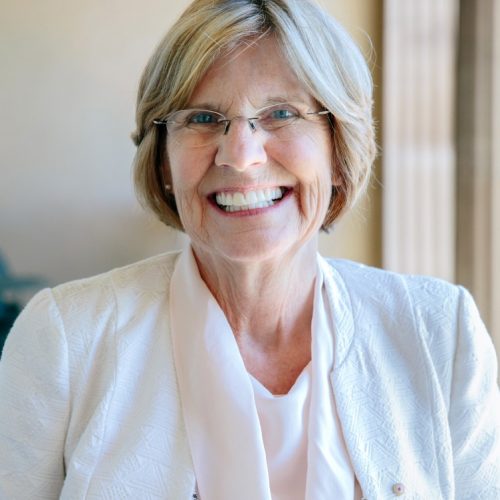
After graduating from Oxford and Edinburgh Universities, Professor Lyn Beazley built an internationally renowned research team in Neuroscience that focused on recovery from brain damage. As Chief Scientist of Western Australia from 2006 to 2013, Lyn advised the Western Australian Government on science, innovation and technology as well as fulfilling the role of science ambassador locally, nationally and internationally. Currently Lyn is the Sir Walter Murdoch Professor of Science at Murdoch University. She is also an Ambassador for the Autism Academy for Software Quality Assurance and a Goodwill Ambassador for Autism West, where she gives her time and talent to help raise awareness, and acceptance, about autism in the community.
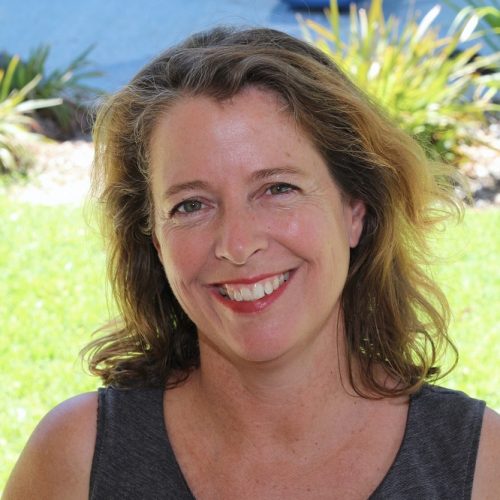
Holly Bridges is author of Reframe your thinking around autism and an advocate for a progressive approach to Autism and Asperger Syndrome. She is a keynote speaker, workshop leader and 1:1 therapist. Her mission is to facilitate progress with those on the spectrum to greater and greater levels of resilience and self-mastery. Rather than working from a ‘brain deficit’ model of autism Holly starts from the premise that every student can upgrade their mind / body connection, if they are given the right tools and are treated respectfully, positively, and creatively.
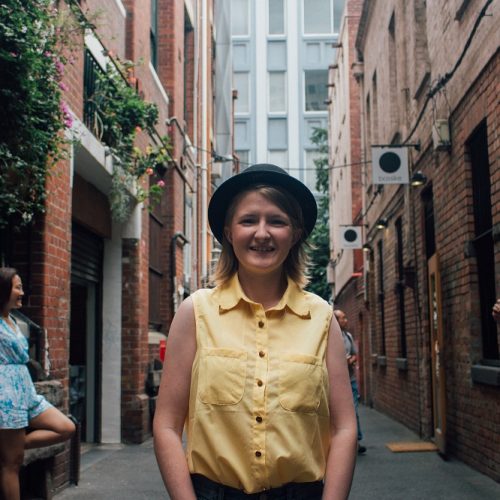
Carla Burn is a Network leader and Mentor at the I CAN Network, and is passionate about social activism, wanting society to work harder to be a better place for different individuals to live in. Autism is obviously a personal thing for Carla, and it means that sometimes life can be challenging. But the way she sees it, there are obstacles in everyone’s lives. No challenge automatically equals failure. If you can try, then you can strive to lead a full and effective life. Carla never gives up, and never stops believing that she has the potential to succeed.
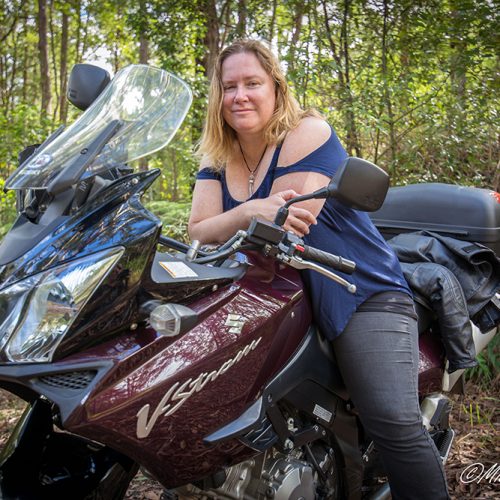
Barb was diagnosed with Aspergers Syndrome in 2009 and is Founder and Editor in Chief of Spectrum Women Magazine. She is a highly committed Autism/Aspergers advocate, keen motorcyclist and web/graphics guru. Barb has made numerous appearances on Australian television and radio, in national newspapers and magazines, was part of a documentary The Chameleons: Women with Autism, Founder/Director of Bikers for Autism Australia and Co-Founder/Director of the Australian Autism Aspergers Network Inc.
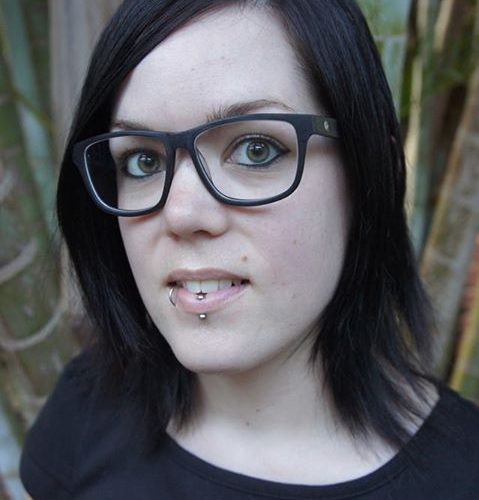
Jacky is a registered psychologist and determined Autistic advocate with unique experience in her field; she spent 5 years working as a prison psychologist with Queensland Corrective Services, and now holds a position with the Queensland Police Service. After being identified as Autistic at the age of 25, Jacky was introduced to the Autistic community through her participation in the inaugural Future Leaders program at the Asia Pacific Autism Conference in 2013. Jacky is a current member of the executive committee of the Autistic Self Advocacy Network of Australia and New Zealand, an all-Autistic advocacy organisation committed to bringing about systemic change in order to improve the lives of Autistic people.
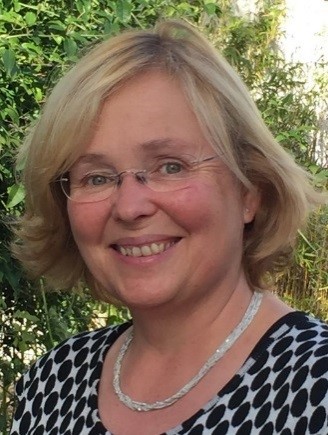
Dr Marita Falkmer has a background in special education and a long experience working with students within the autism spectrum in different school forms, with consultations and education for staff groups and parents and in services for adults. Marita is a researcher within the Autism CRC and the Curtin Autism Research Group at Curtin University. Her research is mainly focused on autism and adulthood and conducted in collaboration with autistic adults and national and international service providers, end-users and researchers.
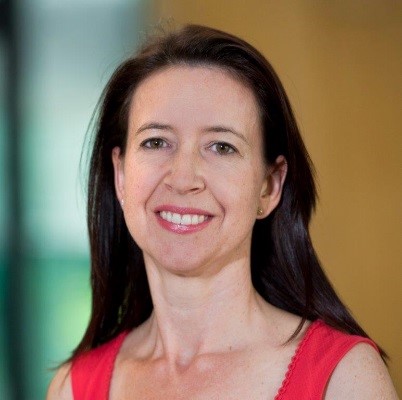
Sonya Girdler is an Associate Professor of Occupational Therapy and Director of the Curtin Autism Research Group (CARG) – which has over 100 members including clinicians, academics, lay-persons, students, and people living with Autism. Members come from various backgrounds including Occupational Therapy, Physiotherapy, Psychology, Speech Pathology and Engineering. CARG undertakes research in many areas including transition from school, employment and social skills training. Sonya has published over 60 papers and seven interventions in the field of disability, and supervised 8 PhD students to completion. She collaborates with the Autism Association of Western Australia, Autism West and other researchers nationally and internationally.
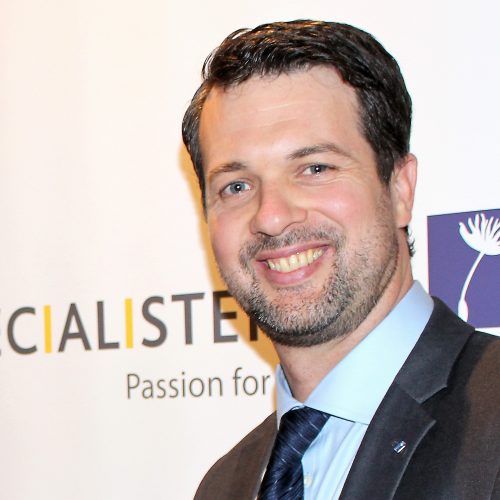
Jay Hobbs is the Assessment & Support Manager at Specialisterne Australia which is part of a global movement to enable 1 million careers for people with autism by 2025. He has worked with people with autism and their families for over fifteen years in both Australia and the UK. Jay lead the robotics social clubs research with the Autism CRC, has a Master of Professional Psychology and currently works under the supervision of Dr. Michelle Garnett and Prof. Tony Attwood. Jay has worked on large employment programs with corporate clients such as HP, SAP and SunPork Farms. Jay is passionate about working with people with autism particularly in the areas of psychology, education and employment.
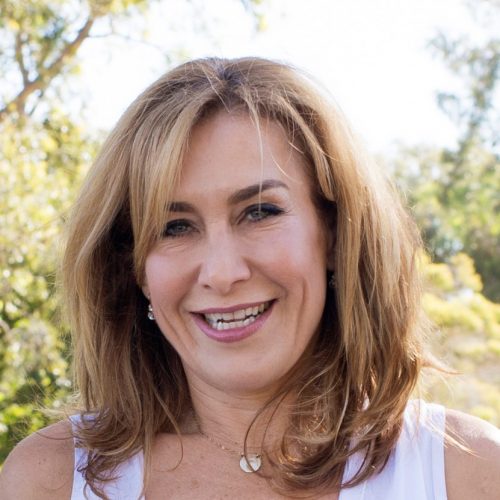
Currently working as a Lecturer at Edith Cowan University across Primary and Secondary Education, Christina has a special interest in diversity in education, assessment and effectively teaching children so they can all access their academic and personal education to achieve to their highest potential. Having her first daughter diagnosed with ASD has fostered her special interest in supporting educators to successfully cater to the range of complexities of students with ASD, and also to be aware that each child is individual and will need specific interventions to support their individual needs.
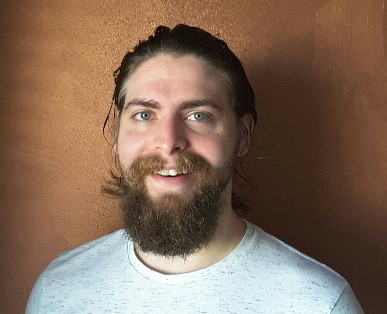
Matthew is an Occupational Therapist who graduated from Curtin University with first class honours in 2009. He has worked as a clinician in a wide range of areas before returning to Curtin University to pursue his PhD full time, where he is part of the Curtin Autism Research Group (CARG). Matthew’s PhD aims to develop an extra-curricular program that leverages the strengths of adolescents with Autism to prepare them for employment in the IT industry.
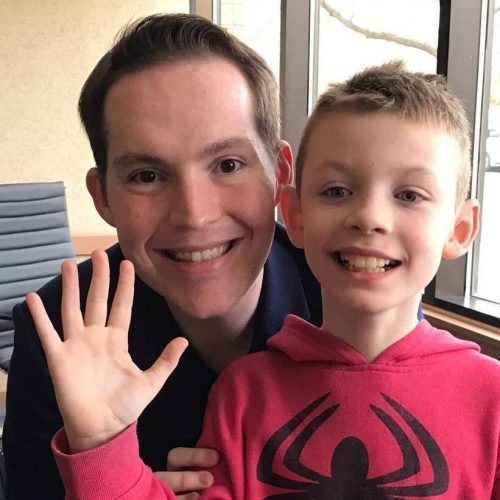
Award-winning and breakthrough advocate Kerry Magro knew early on that he wanted to make a difference in the lives of others. Kerry was diagnosed with Pervasive Developmental Disorder-Not Otherwise Specified (PDD-NOS) a form of autism, at age 4. Growing up Kerry’s future was very uncertain. Today however, after countless hours of therapy and the support of a loving family, Kerry has conquered many of his challenges. Now as a young adult, Kerry is a international motivational speaker, best-selling author, movie consultant and non-profit founder.
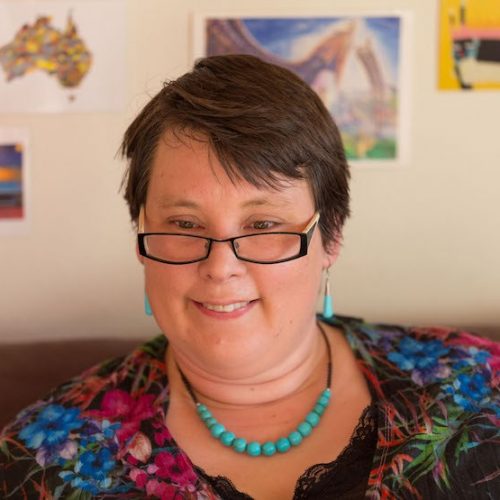
Jeanette Purkis is an author, public speaker, and autism advocate who has a diagnosis of Asperger syndrome and atypical schizophrenia. She has worked full-time in the Australian Public Service since 2007 and has a master’s degree in fine arts. She is the author of three books on elements of autism and hosts an Internet radio show. She has been facilitating a support group for women on the autism spectrum since 2011. She was named the 2016 ACT Volunteer of the Year and was a finalist in the 2017 ACT Woman of the Year awards.
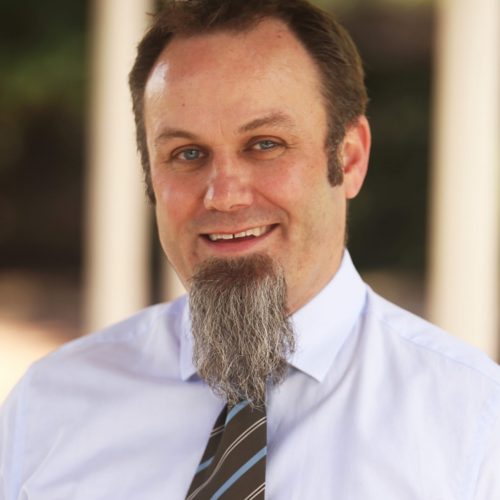
John Schad is a teacher with over 18 years’ experience in working with individuals with autism. Before coming to Perth, John worked for 12 years at the Princeton Child Development Institute (PCDI) – a private, centre-based educational program for individuals with autism. During his employment there he attended Holy Family University and received a Masters of Education, with duel certifications in Primary Education and Special Education. While at PCDI he worked in a variety of roles including teacher and trainer in the institute’s Adult Life-Skills Program. This included a five-year appointment at Mountainview, one of the Institute’s group homes, where he resided with his family and 5 adults with autism, under the Teaching Family model of intervention. Since moving to Australia John has worked at the School of Special Educational Needs: Disability as a Consulting Teacher with the Autism Education Service, providing support to schools and students with ASD. He has since completed a graduate certification program at the University of West Florida and is now a Board Certified Behaviour Analyst.
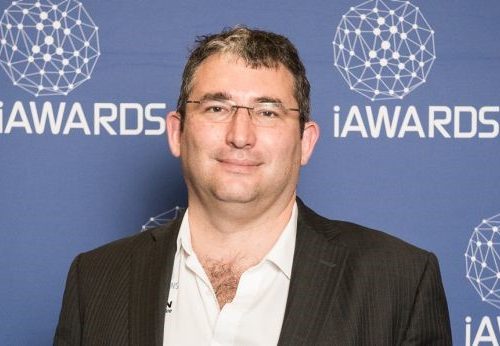
Matthew is the Managing Director and Co-Founder of Optika Solutions since its inception. His energy, vision and capabilities have placed Optika Solutions in the vanguard of organisations that offer strategic consulting, simulation modelling and innovative solutions to companies. Matthew is recognised in Australia as being one of the leading data scientists and strategic thinkers in how organization can gain value from data. Matthew is on the advisory board for Curtin Data Science program, UWA Engineering and Science and Curtin Institute for Computation, and is passionate about how we develop the future generation of data scientists and engineers.
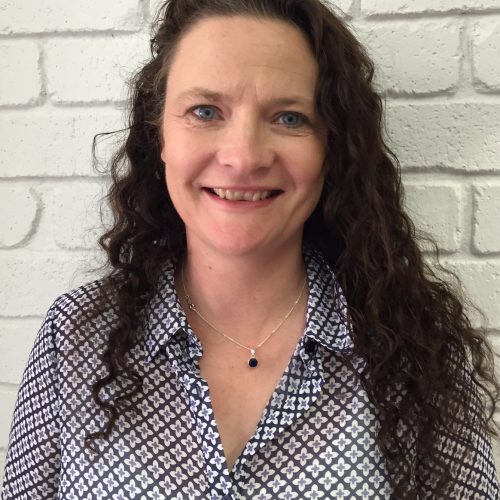
Louise Sheehy is a registered high school teacher and has been working with teenagers and adults on the Autism Spectrum since 2011. Louise has worked as an educational disadvantage policy officer in Ireland for a national network and was a founding member and co-ordinator of Galway Autism Partnership, an autism organisation which focuses on person centred social groups for individuals with autism. Louise’s role as Operations Manager at Autism West involves managing service development using a person centred approach for our members focusing on their interests and talents. She is passionate about ensuring that individuals on the autism spectrum are actively involved in planning delivery and development of services.
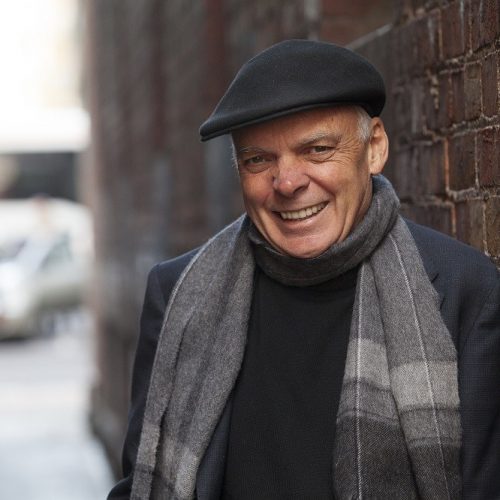
Graeme Simsion is the author of international bestsellers The Rosie Project, The Rosie Effect and The Best of Adam Sharp. A fourth novel, Two Steps Forward, written with his wife Anne Buist, will be published in October. The Rosie Project introduced the socially-awkward Don Tillman and his adventures in love, marriage and fatherhood. It was ABIA Book of the Year in 2014 and Graeme’s screenplay is in development with Sony Pictures. The book and its sequel have been well received by the autism / Asperger’s community and Graeme has spoken at numerous conferences and support groups.
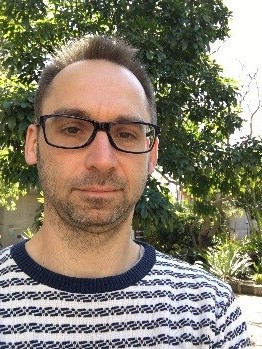
Craig is an Occupational Therapist and lecturer at the School of Occupational Therapy and Social Work at Curtin University, is part of the Curtin Autism Research Group (CARG). He is also a PhD scholar in the Autism CRC, and his PhD topic is the “transition to adulthood in autism”. His project is currently focused on how people with autism can succeed at university through specialist peer mentoring.

Naomi is a psychologist with over twenty years’ experience and holds a Masters in Clinical Psychology. Naomi practises at the Child Wellbeing Centre in Midland where she specialises in working with children and young people. She has a broad range of experience working with children’s emotional, social, behavioural and learning needs, and a strong interest in early diagnosis and in working with adolescents on the spectrum. Naomi is passionate about parent and carer wellbeing, and is also the mother of a child on the autism spectrum.
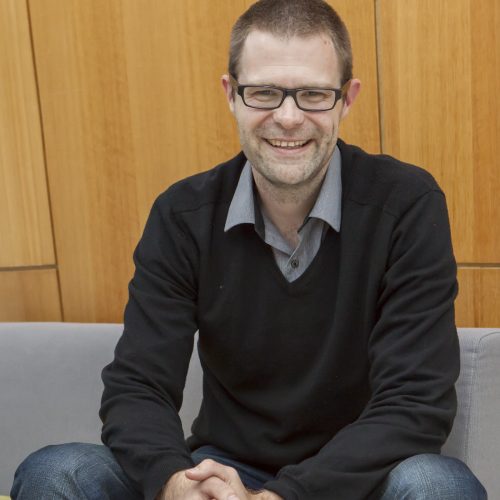
Professor Andrew Whitehouse, a former Fellow at the University of Oxford, directs the Autism Research Centre at the Telethon Kids Institute, University of Western Australia, and is one of their youngest ever professors. His research team uses a range of methodologies to investigate the early identification and intervention of children with Autism Spectrum Conditions, including molecular genetics, neuroscience, endocrinology and behavioural experiments. He is also a Program Director in the Autism Cooperative Research Centre.
Andrew has published over 100 peer-reviewed journals and attracted over $35 million in competitive research grants. He writes a column, has published a book, and is also an advisor to State and Commonwealth Governments on policies relating to children and adults with Autism Spectrum Conditions.
Three young digital artists with autism, Cameron Dermer, Sarah Pollard and Charlie Paganin will present as a panel on their individual pathways to professional development through DADAA’s arts and cultural programs.
Presenting individual processes and artistic outcomes, each will map their unique DADAA journeys using visual presentations.